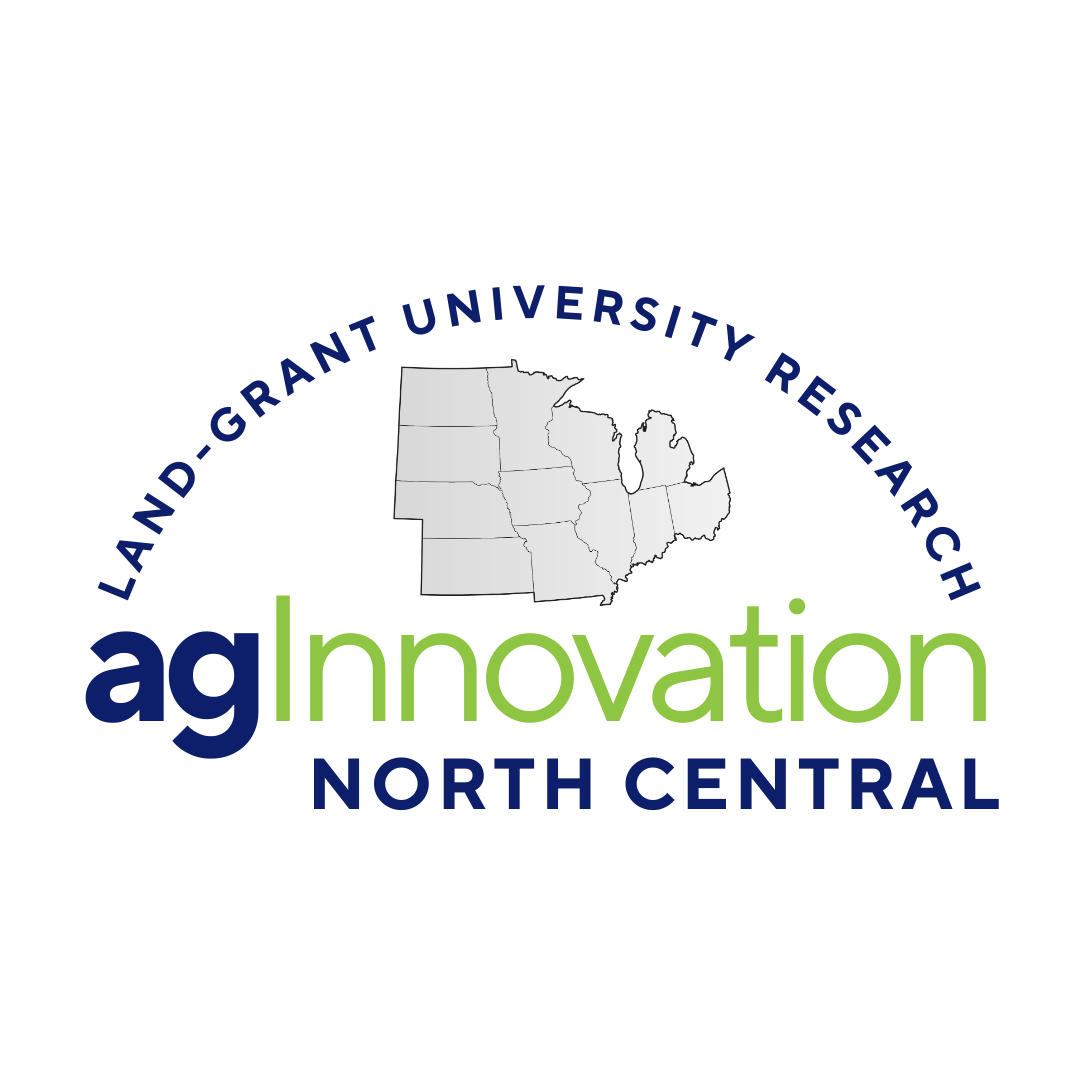
NCDC230: Antimicrobial Resistance
(Multistate Research Coordinating Committee and Information Exchange Group)
Status: Inactive/Terminating
NCDC230: Antimicrobial Resistance
Duration: 09/17/2015 to 09/17/2017
Administrative Advisor(s):
NIFA Reps:
Non-Technical Summary
Statement of Issues and Justification
The advent of antibiotics in the 20th century has had a profound effect on both human and animal health, with millions of lives saved annually as a result of these “wonder drugs.” However, over the past several decades, bacterial resistance to antimicrobial drugs has escalated. The Centers for Disease Control and Prevention (CDC) and the World Health Organization have identified antibiotic resistance as one of the greatest threats to human health worldwide, economic growth, public health, agriculture, economic security and national security. Furthermore, the CDC estimates that annually 2 million illnesses and 23,000 deaths in the United States alone can be attributed to antibiotic-resistant bacteria. This serious threat to human, animal and public health has not gone unnoticed. In September 2014, President Obama signed the executive order “Combating Antibiotic-Resistant Bacteria” followed by the “National Strategy for Combating Antibiotic-Resistant Bacteria.” In response, other government agencies including and CDC and USDA established comprehensive action plans that lay the foundation for research and actions needed to address this critical concern. Additionally, President Obama has proposed to double the budget available for antibiotic resistance research to $1.2 billion in 2016. The CDC plan focuses on human health, while the USDA action plan focuses primarily on food and animal agriculture. Common themes are the need for the One-Health approach and science-based data to mitigate antibiotic resistance. The use of antibiotics in animal agriculture is integral to the treatment of and protection against disease. It is imperative that stakeholders in animal agriculture and animal health address the important public health concern of bacterial resistance before antibiotic drugs either become ineffective or are further restricted for use in animals. The CDC and USDA action plans are comprehensive in their approaches to combat antibiotic resistance. The plans call for applied and basic research to: • enhance surveillance and monitoring of antibiotic resistance, • better understand the epidemiology and ecology of antibiotic resistance, • develop new antibiotics and alternatives to antibiotics, • determine the mechanisms involved in resistance and transmission of resistance, • determine and/or model patterns and practices that impact the use of antibiotics in animal agriculture, and • develop improved diagnostic tests and vaccines. Achieving these goals require interdisciplinary and transdisciplinary collaborations, which can be greatly facilitated by forming a new NCDC committee. The 12-state North Central Region has many scientists with expertise that can contribute to the understanding of antibiotic resistance in food animals. The North Central Region also has some of the most concentrated populations of food-producing animals in the United States. These include dairy cattle, beef cattle, swine, laying chickens and turkeys. Because of the wide diversity of food-producing animal populations across the region, we are uniquely positioned to conduct studies directed towards all and specific animal populations relative to broad and specific bacterial species, geographical differences and animal management practices. Identifying practical and effective intervention strategies to lower antibiotic resistance is only one part of a successful mitigation program. Equally important is the willingness of livestock producers to fully implement specific control measures into production practices. Effective communication is needed between producers and experts about the risks if control measures are not implemented. The barriers that impact effective communication about antibiotic resistance mitigation have not been studied. Communication barriers and the extent to which each influences the behavior of involved parties should be identified. Potential barriers may include lack of effective communication channels; the relationship between producers and experts; and the impact of ethical, moral, social and economic beliefs on communication and decision-making. Because the implementation of new mitigation strategies is not trivial and producer attitudes and perceived risk may prevent the adoption of new strategies, it is also important to classify attitudes and risk perceptions about antibiotic mitigation, and develop decision-support communication activities for producers. Antibiotic resistance is a complex issue and addressing it requires working together beyond individual teams and beyond individual animal species. The multistate, multispecies and multidiscipline approach provides an exceptional opportunity to develop collaborative projects in the North Central Region that will allow us to develop and implement comprehensive strategies directed specifically at food-producing animals, establish baseline data to be used as benchmarks over time to ascertain the effectiveness of new research applications and mitigation strategies, and develop innovative tools for combating current and emerging antibiotic resistance threats. Furthermore, such collaborative transdisciplinary and multi-institutional projects will greatly enhance the NCR stakeholder’s position to compete successfully for federal funding on antibiotic resistance.